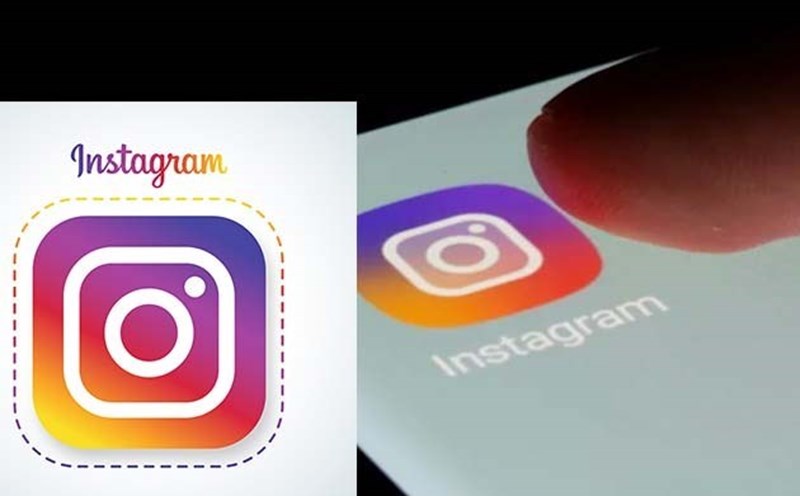Adam Mosseri, head of Instagram, recently denied rumors that the platform secretly uses users' microphones to collect data for ads.
However, this statement coincides with Meta's announcement of a new policy, allowing the exploitation of data from interactions with AI products to enhance advertising targeting capabilities.
In a personal Instagram post, Mosseri stressed that Meta's secret listening was not going on.
Even my wife has questioned whether we would do it, Mosseri said, pointing to the popularity of the suspicion.
Rumors about Facebook or Instagram secretly turning on the microphone on their phone to record a conversation to display an ad have existed for many years, and whenever a user sees a product they just think of appearing on the news feed, this hypothesis is flare-up.
In fact, Meta has repeatedly denied it. Since 2016, the company has affirmed that it does not use microphones to determine advertising and CEO Mark Zuckerberg has also denied this before the US Congress.
Mosseri even points out that if the phone is truly turned on the underground microphone, users can easily detect it through newspapers or an unusually fast battery drop.
According to Mosseri, the accuracy of Meta's advertising system comes from many other sources of data, when businesses share information about users who have accessed their websites, along with the same algorithm for analyzing user group behavior and preferences.
These mechanisms help Meta build an advertising system so effective that many people mistakenly believe that the platform has the ability to read mindsets.
A notable point is the appearance of AI in new advertising strategies. From December 16, Meta will deploy a security policy that allows the use of data from consumer interactions with AI products, including Meta AI chatbot.
These data are considered additional signals, much stronger than the familiar mechanism of people who like A will also like B.
This means that if many people previously thought they were being listened to, Meta's ability to target advertisements may surprise them even more in the future.
Because in conversations with chatbots, users often share personal information, interests and ideas in a more detailed and natural way.
Mosseri also admitted that advertising is not always " suited" because of technology. Sometimes it is just a coincidence or a psychological effect.
You might have seen the advertisement before without paying attention, and then talk about it. We get through it very quickly, and the brain still remembers, said Mr. Mosseri.
Mosseri's new statement both denies a long-standing plot theory and reveals the future of personalized advertising backed by AI.
Although Meta insists it is not secret, the reality is that the company is still collecting more and more data from the most sophisticated, intimate and private interactions of users.











